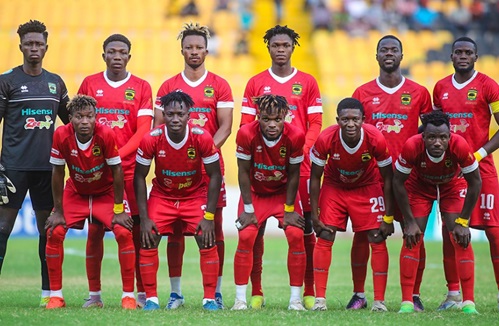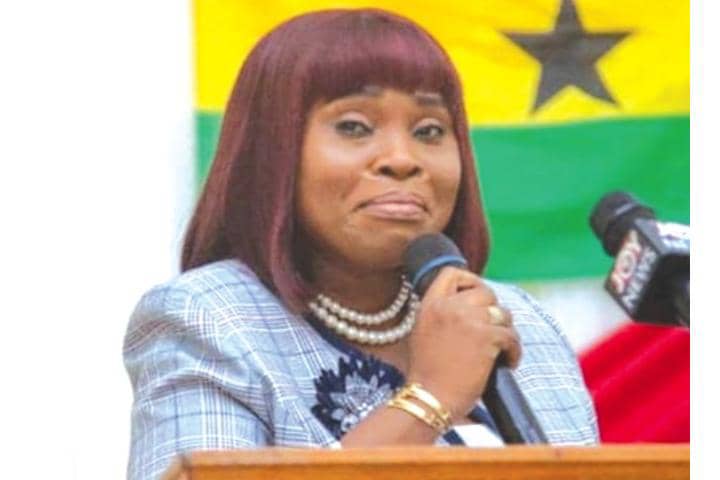Members of the Taliban are meeting Western officials in Norway for the first talks in Europe since the group took control of Afghanistan.
The talks, set to last three days, will cover human rights and the humanitarian crisis in the country.
The UN says 95% of Afghans do not have enough to eat.
A number of protests have taken place in Europe with critics claiming the Taliban should not be rewarded with the meetings.
On Sunday, members of the Taliban met human rights activists but the details of those discussions have not been revealed.
One feminist activist, Jamila Afghani, told AFP news agency that the negotiators showed “goodwill”.
“Let’s see what their actions will be, based on their words,” she said.
Monday is said to be the most significant day of talks, with Taliban members meeting Western officials. The group is set to request access to billions of dollars that are frozen in US banks.
Afghanistan has seen unemployment and food prices soar, whilst the value of its currency is plummeting and banks have set limits on cash withdrawals.
The United Nations has warned that hunger threatens 55% of the population.
“We are requesting them to unfreeze Afghan assets and not punish ordinary Afghans because of the political discourse,” Taliban delegate Shafiullah Azam told the Associated Press news agency.
“Because of the starvation, because of the deadly winter, I think it’s time for the international community to support Afghans, not punish them because of their political disputes.”

Western envoys are expected to emphasise the importance of a more inclusive Taliban government and human rights.
Since taking power, the Taliban have told most female workers to stay at home while secondary schools are only open to boys and male teachers. A number of women have been targeted for speaking out against the move. Some are now said to be missing with the Taliban denying their involvement. But the Taliban told the BBC’s Quentin Sommerville that the claims were fabricated.
Human rights activists and journalists have also been targeted since the Taliban came to power.
On Monday, Afghanistan’s deputy minister for information and culture, Zabihullah Mujahid, said girls would be allowed to attend school from the end of March this year. He also denied that the Taliban are holding a number of women who had been protesting for their rights.
At present, no country has recognised the new Afghan government.
Norway’s Foreign Minister Anniken Huitfeldt said the meetings “do not represent a legitimisation or recognition of the Taliban”.
“But we must talk to the de facto authorities in the country,” she said.
The initiative has divided Afghans – some stress the importance of engaging the Taliban; others insist that the Taliban should not be invited to European capitals while they systematically violate human rights at home, the BBC’s Lyse Doucet reports.
A number of protests have taken place across Europe over the weekend.
In Oslo, one protester told AFP news agency that the discussions were the equivalent of “laughing in the face” of Afghans who have lost family members.
“You do not talk to terrorists,” she said.
Source: bbc






